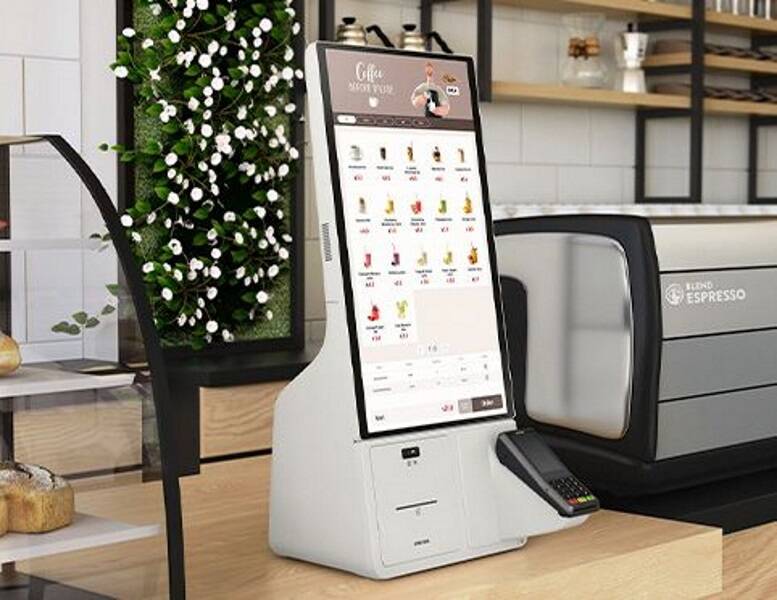Traditional kiosks once referred to special stations that served a specific purpose. They were little shops and small booths located outside of schools or inside malls. With today’s advances in technology, traditional kiosks are able to run more efficiently with the use of software that enables kiosk operators to control their booths and extensions at a low cost.
But for most business owners, kiosk software is seen as an avoidable liability rather than as a potential investment and a competitive advantage. Below are the basics of how kiosk software works, features, and benefits.
Examples of Kiosk Devices
In today’s day and age, kiosks are any physical station with a digital device installed that is set to perform a specific business function. You can find these devices in action at retail stores, information centers at public parks and sports arenas, and pre-installed web browsers in a clinic’s waiting area.
ATMs that are right in front of a bank are also considered kiosk devices as they serve solely to dispense or take money for the bank that installs them. Lastly, vending machines can also be categorized as kiosk devices since these machines can only dispense snacks or trinkets that the vending machine owner supplies them with.
As businesses integrate these physical machines with Android technology to drive functionality, having the right software equipped is imperative to ensure maximum control, scalability, performance, and security.
Main Use Cases For Kiosk Programs
For starters, kiosk software ensures that any physical device, i.e. a tablet or smartphone, is locked to perform only tasks that the kiosk owner sets it to perform. It makes sure that the devices are not accessed or used in a manner that can potentially hurt the business or the consumer. Going back to the aforementioned example, ATMs are designed to perform only a handful of specific tasks, including accepting deposited cash or checks or dispensing cash to bank customers who are withdrawing their money.
A kiosk program also ensures that the device is up and running at schedules predetermined by the business owner. Any time that a device goes offline, it sends an alert notification to the business owner.
For every session, all user data that is entered into a kiosk device is also stored securely for privacy. Since software for kiosks limit user interaction and web-based activity, there is no risk of the user accidentally or intentionally downloading web-based resources that can be malicious or harmful to the company. Other common security features you’ll find in kiosk-based software include remote maintenance and health monitoring, data logging, and user session resets.
Main Benefits of Kiosk Programs
Software that is integrated into kiosks can run automatically with little to no human resources needed. This reduces labor costs, minimizes human error, and streamlines the customer experience. Businesses can also roll out new products or services or collect new data points easily by making slight configurations to their kiosk program.
Managing and scaling kiosk-based businesses can be capital- and labor-intensive. Integrating your kiosk business with a tried and tested software program, such as GRUBBRR’s, can easily reduce operational bottlenecks and increase business revenue.
TechnologyHQ is a platform about business insights, tech, 4IR, digital transformation, AI, Blockchain, Cybersecurity, and social media for businesses.
We manage social media groups with more than 200,000 members with almost 100% engagement.









































